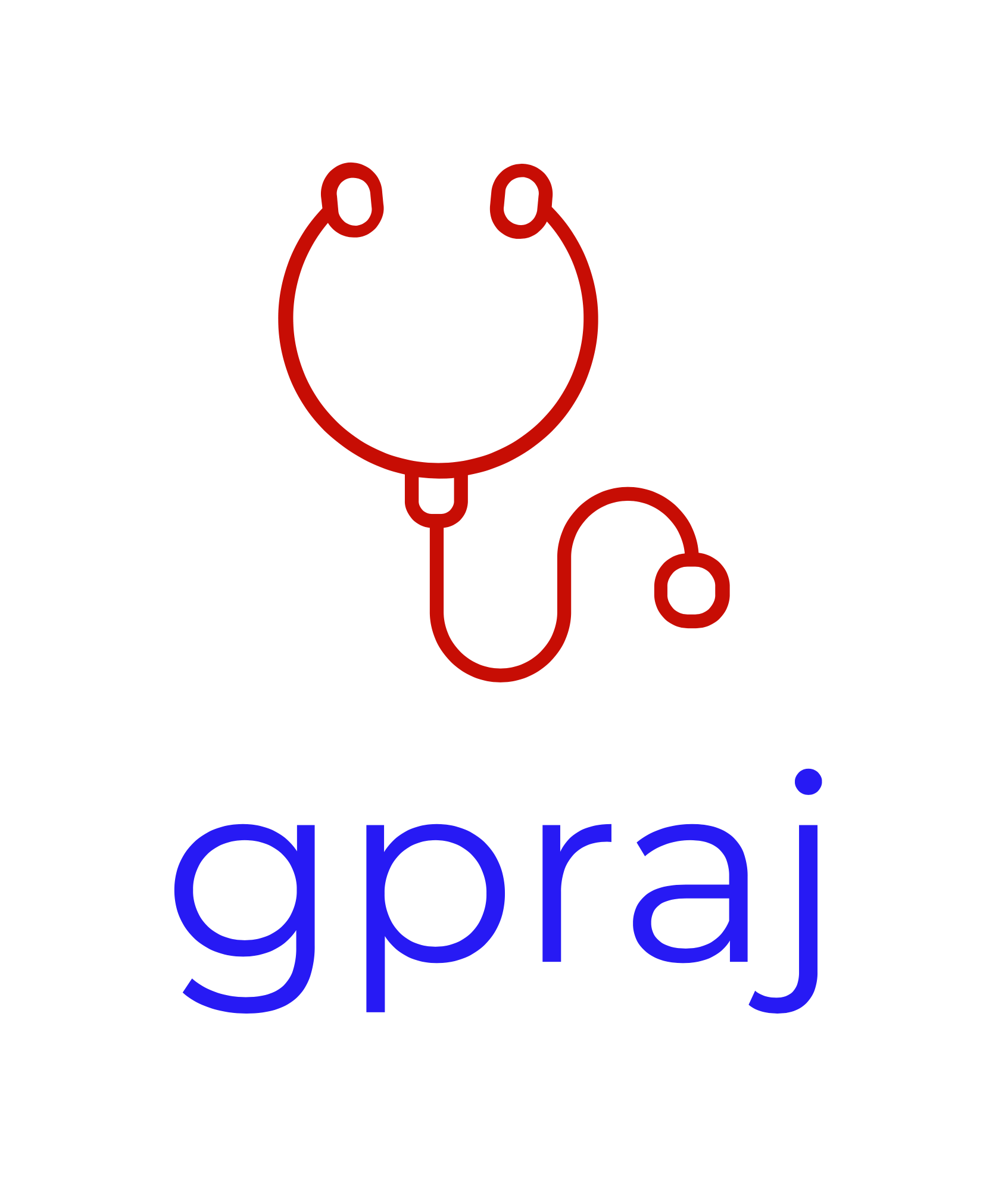Depression - antenatal and postnatal
Postnatal Depression and Perianal Mental Health Patient information leaflet from MIND.ORG.UK
Depression Screening
At a woman's first contact with primary care, or at her booking visit, and early in the postnatal period ask Depression Identification Questions
Depression Identification Questions
During the past month, have you often been bothered by feeling down, depressed, or hopeless?
During the past month, have you often been bothered by having little interest or pleasure in doing things?
If a woman responds positively to either of the depression identification questions consider using the Edinburgh Postnatal Depression Scale (EPDS) or the Patient Health Questionnaire (PHQ‑9) as part of a full assessment
Baby blues (low mood after childbirth) (dy2-dy5 postnatal)
Common 30-80%
Mild and short-term, presenting around the second postnatal day and resolving by the fifth day.
Do not seriously impair functioning.
Insomnia.
Fatigue.
Tearfulness.
Anxiety.
Irritability.
Impairment of concentration.
Mood lability.
Treatment: reassurance.
Postpartum psychosis (puerperal psychosis) (<2w post-delivery)
1-2 per 1000 women
Women with bipolar I disorder are at particular risk
Sudden onset
Psychotic symptoms: Distorted thoughts and behaviour may involve the baby, putting it at risk of harm.
Severe mood swings, delusions, confusion, and hallucinations.
Recurrence after subsequent deliveries is common.
Postnatal depression (onset often<4w postnatal, but anytime within the first year)
Depression and anxiety affect 15‑20% of women in the first year after childbirth.
The usual diagnostic criteria for depression should be followed for depression in the antenatal and postnatal periods.
Depression is diagnosed using DSM-5 criteria: five out of the nine symptoms listed above, with at least one of these a 'core' symptom
CORE symptoms
Low Mood: During the last month have you often been bothered by feeling down, depressed, or hopeless?
Anhedonia: Do you have little interest or pleasure in doing things?
OTHER SYMPTOMS
Fatigue/loss of energy.
Worthlessness/excessive or inappropriate guilt.
Recurrent thoughts of death, suicidal thoughts, or actual suicide attempts.
Diminished ability to think/concentrate or indecisiveness.
Psychomotor agitation or retardation.
Insomnia/hypersomnia.
Significant appetite and/or weight loss.
Management
Assess the severity of depression.
Assess the woman's risk of self neglect, self harm or suicide, and any risk to the infant
Before discussing the benefits and harms of treatment, or starting, stopping or switching antidepressant treatment during pregnancy, seek advice, ideally from a specialist perinatal mental health team
Treatment options depend on the severity of depression and include no intervention ('watchful waiting'), psychological treatment, antidepressant treatment, or a combination of psychological and antidepressant treatment.
Women requiring psychological treatment should normally be assessed within 2 weeks of referral and seen promptly for treatment (ideally, within 1 month of initial assessment).
Differential Diagnosis
Bipolar disorder
Generalized anxiety disorder.
Obsessive-compulsive disorder.
Post-traumatic stress disorder.
Tokophobia (an extreme fear of childbirth)
How should I manage a woman being treated for depression who becomes pregnant?
Before discussing the benefits and harms of treatment, or starting, stopping or switching antidepressant treatment during pregnancy, seek advice, ideally from a specialist perinatal mental health team, where available; or from a secondary mental health service; or the UK Teratology Information Service (UKTIS) on 0344 892 0909.
Advise the woman not to stop taking antidepressants abruptly during pregnancy.
Mild to moderate depression on TCA, SSRI or SNRI
Discuss gradually stopping the antidepressant and monitoring the woman.
Consider referral for facilitated self-help.
If moderate depression, on TCA or SSRI or SNRI, and wants to STOP MEDICATION
Switching to a high intensity psychological intervention (for example CBT).
Changing medication if there is a drug effective for her with a lower risk of adverse effects.
If severe depression, on TCA, SSRI, or SNRI for severe depression
Continuing her current medication.
Switching to a drug that is effective for her with a lower risk of adverse effects.
Using medication in conjunction with a high-intensity psychological intervention (for example CBT).
Switching to a high-intensity psychological intervention (for example CBT) if she decides to stop taking medication
If the woman requires psychological treatment
Ensure that she is assessed within 2 weeks of referral and is seen promptly for treatment (ideally, within 1 month of initial assessment).
If a woman with depression decides to stop taking psychotropic medication in pregnancy and the postnatal period, monitor her mental status because of the risk of relapse. Discuss with her:
Her reasons for stopping.
The possibility of other options: for example having a psychological intervention, restarting medication if the depression is or has been severe and there has been a previous good response to treatment, or switching to other medication.
Increasing her monitoring and support while she is not taking any medication.
Any risks to herself, or the fetus or baby when stopping medication.
Drugs
In a postnatal woman with depression it is recommended that specialist advice is sought (ideally from a specialist perinatal mental health team, where available; or from secondary psychiatric care) before starting, stopping, or switching antidepressant treatment, particularly if the woman is breastfeeding.
Antidepressant treatment should be discussed with a paediatrician if the if the baby was premature or has health problems or liver or kidney impairment.
There are no antidepressants licensed specifically for pregnant women.
There are no antidepressants licensed for breastfeeding women; however, if psychological treatment is unavailable or unacceptable, or symptoms are severe, antidepressants are an option.
If breastfeeding, Sertraline and paroxetine (for SSRIs) OR Imipramine and nortriptyline are the preferred tricyclic antidepressants
Doxepin should be avoided.
